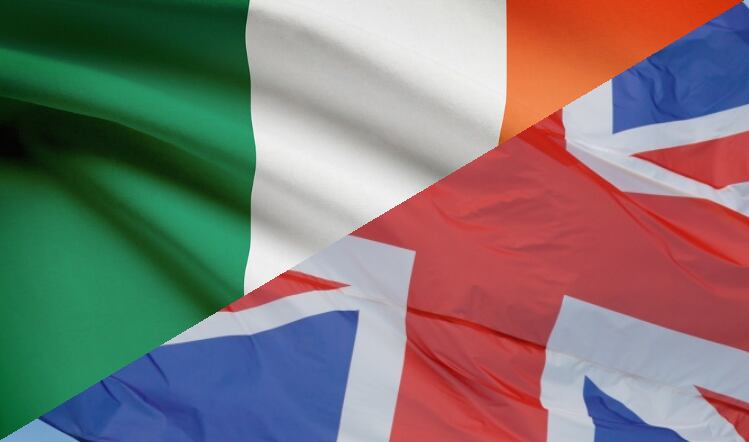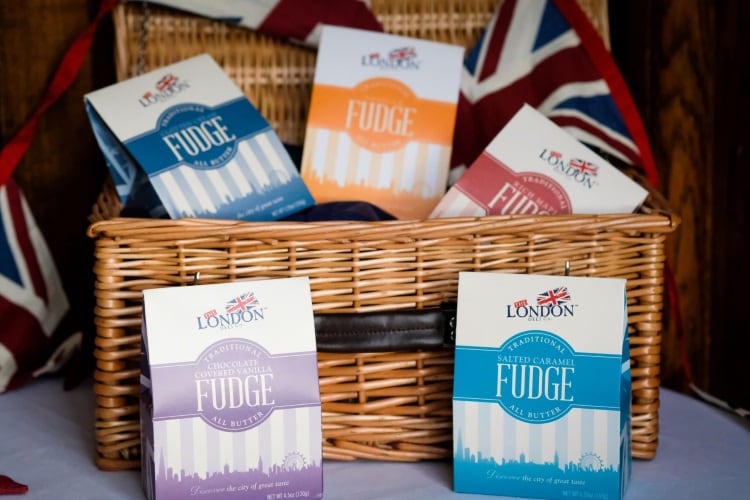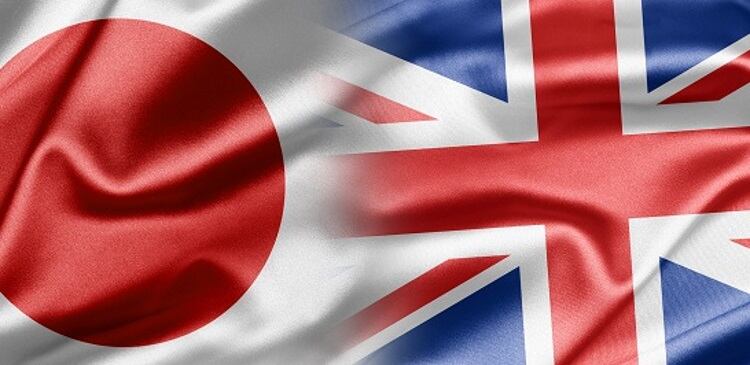Exports of Irish food, drink and horticulture products grew 2% to €4.5bn, representing the ninth year of consecutive volume growth.
Meat and dairy accounted for 66% of total exports and had increased significantly in 2018, according to trade body Bord Bía. However, this was counterbalanced by global price volatility pushing prices down – volume was up 50,000t but the euro value recorded declined.
Dairy saw the largest volume growth – up 5% compared with 2017 – with butter exports exceeding €1bn for the year, up 22%. Total agrifood exports for 2018 were valued at €13.6bn (£12.1bn) when non-edible products, such as forestry and oils, were included.
Industry’s resilience
Bord Bía chief executive Tara McCarthy commended the Irish food and drink industry’s resilience despite the uncertain environment in a year of extraordinary instability.
“To exceed export values of €12bn for a second year running, and reach new record levels in terms of volume, is hugely impressive,” said McCarthy.
“It demonstrates the buoyancy, commitment and ambition of the Irish agri-food sector, which is well positioned to exploit the relentless growth in the global demand for food.”
Commenting on the future, McCarthy was confident global demand for Irish food and drink would continue into 2019.
Demand outstripping supply
“In both dairy and in animal protein the supply demand dynamic is positive for exporting nations like Ireland,” she added. “Demand will continue to outstrip supply and new consumers tend to be in countries with low dairy or animal protein self-sufficiency.
“In line with Bord Bía’s Market Prioritisation work, growth in dairy, meats and seafood, in particular, will come to a great extent from emerging economies in Asia and elsewhere.”
Meanwhile, Northern Ireland-based fresh foods provider Avondale Foods has reported a record turnover for the past year, but has warned that fluctuations between the euro and sterling could cause issues in the future.





